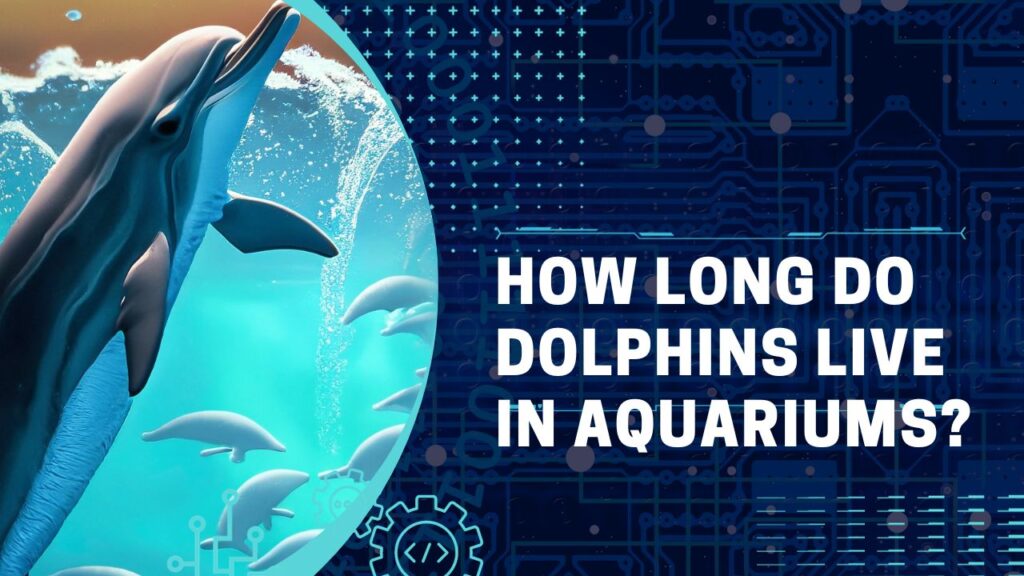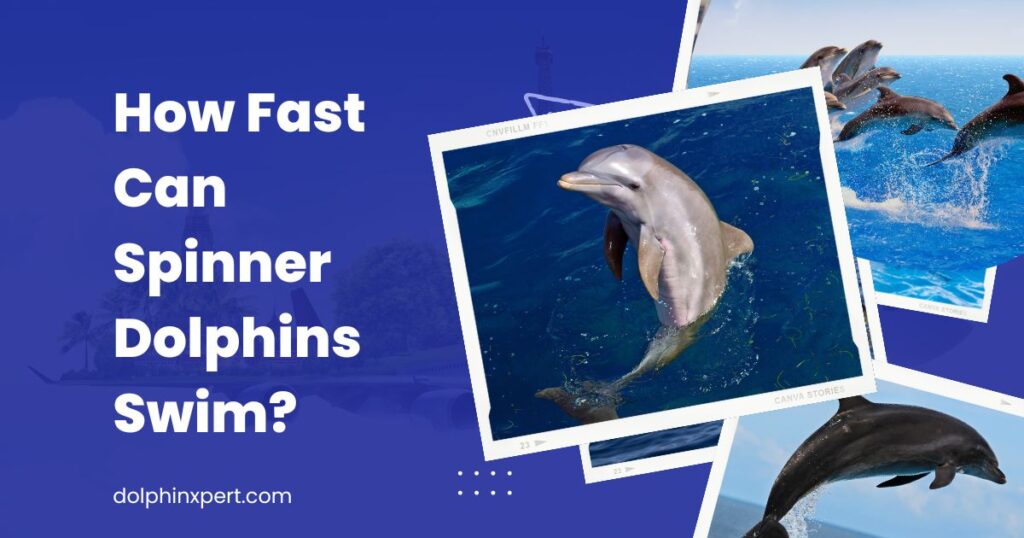
Why Do Dolphins Follow Boats? Dolphins may follow boats out of curiosity or to take advantage of the pressure wave created by the vessel, making swimming easier.
Are you looking to uncover the mysteries behind dolphins following boats?
This behavior, commonly observed by seafarers and coastal enthusiasts, may appear playful on the surface, but it actually holds several intriguing explanations.
In this blog post, we explore the reasons why dolphins engage in this fascinating behavior and what it tells us about their intelligence and social dynamics.
Table of Contents
Curiosity and Exploration
Dolphins, known for their high intelligence, are naturally curious creatures. When encountering boats, they may be drawn to the novel sights and sounds of these vessels.
For dolphins, investigating unfamiliar objects or activities in their environment serves as a form of mental stimulation and exploration.
Their inquisitive nature drives them to approach boats, allowing them to observe and interact with new stimuli. [Why Do Dolphins Follow Boats?]
This curiosity not only satisfies their innate desire to explore but also helps them learn more about their surroundings and potential food sources.
Utilizing Pressure Waves
Dolphins are skilled at making use of their surroundings, and following boats is no different. A boat generates pressure waves as it travels across the water, which include wakes behind it and bow waves in front.
Dolphins are able to use the energy of these waves to their advantage by “surfing” them in order to save energy and move more quickly. Dolphins can swim farther and faster by putting themselves in the bow wave or riding the wake.
This allows them to conserve energy while swimming farther. This activity demonstrates their ability to adapt and be resourceful by making the most of their environment to maximize their mobility and foraging endeavors.
See Also: 10 Reasons Why Dolphins Are Evil? Expose Their Evil Nature

Social Dynamics and Bonding
Dolphins have sophisticated social habits; they gather into close-knit groups called pods. These groups are made up of people who participate in cooperative activities and have close social relationships.
Following boats can be a social activity for dolphins, enabling pod members to travel together and strengthen their social bonds.
Members of a pod can engage in cooperative play, communication, and teamwork when swimming next to boats. [Why Do Dolphins Follow Boats?]
Dolphins create a sense of solidarity and camaraderie among their pod by strengthening their social relationships through these shared experiences.
In the dynamic maritime environment, where collaboration and communication are critical for hunting, navigation, and predator defense, their social cohesion is critical to their survival.
Human Interaction
Dolphins may occasionally be enticed to boats in an attempt to socialize with people. Dolphins are gregarious, extremely intelligent animals that, in certain cases, may develop relationships with people.
They may become drawn to people and seek out interactions when they come across vessels carrying passengers.
They may playfully interact with passengers or come closer to the boat to observe them more closely if they feel comfortable doing so.
Even while human contact with wild dolphins should always be polite and non-intrusive, human presence on boats has the potential to affect dolphin behavior.
It’s important for humans to maintain a responsible approach to interacting with wild dolphins, respecting their space and natural behaviors while appreciating the opportunity to observe these magnificent creatures in their natural habitat.
See Also: Why Do Dolphins Live Shorter In Captivity? Truth Unveiled

Environmental Factors
Dolphins’ tendency to follow boats is largely influenced by environmental conditions.
Food availability is a crucial component since dolphins may follow vessels in regions with high fishing activity in an attempt to scavenge or take advantage of possible food sources.
They may also be drawn to coastal regions with ideal habitat qualities, such as thriving prey populations or ideal water temperatures.
Dolphins may accompany boats through coastal seas in these diverse environments, benefiting from the resources the marine environment offers.
When boats are present in certain locations, dolphins may be signaled to engage in activities like hunting or foraging in order to get food. [Why Do Dolphins Follow Boats?]
By understanding the environmental cues that attract dolphins to boat traffic, researchers gain insights into the complex interactions between marine animals and their habitats.
See Also: Why Do Dolphins Protect Humans From Sharks?
Frequently Asked Questions (FAQs)
Why Do Dolphins Follow Boats?
Dolphins may follow boats out of curiosity, to utilize pressure waves for energy efficiency, for social interaction, or to potentially scavenge for food in areas associated with fishing activity.
Is It Safe To Interact With Dolphins When They Follow Boats?
While dolphins may approach boats seeking interaction, it’s essential to maintain a respectful distance and avoid feeding or attempting to touch them. Interfering with wild dolphins can disrupt their natural behaviors and pose risks to both humans and dolphins.
Do Dolphins Always Follow Boats?
Not all dolphins follow boats, as their behavior can vary depending on factors such as food availability, social dynamics, and environmental conditions. Some dolphins may show no interest in boats, while others may frequently trail them.
How Can We Help Protect Dolphins When Boating?
To minimize disturbance to dolphins, boaters can adhere to responsible wildlife viewing guidelines, maintain a safe distance, reduce speed in areas with dolphin activity, avoid sudden maneuvers, and refrain from feeding or throwing objects at dolphins.
What Should I Do If I Encounter Dolphins While Boating?
If you encounter dolphins while boating, enjoy the experience from a respectful distance without attempting to approach or interact with them. Observe their natural behaviors without causing disruption, and consider reporting the encounter to local wildlife authorities for conservation purposes.
Conclusion: Why Do Dolphins Follow Boats?
Finally, hopefully, you’ve gained insight into the behavior and social dynamics of dolphins following boats.
Whether driven by curiosity, utilizing environmental resources, seeking social interaction, or responding to environmental factors, dolphins’ decision to trail boats underscores their intelligence, adaptability, and complex social nature.
As you continue to study and observe dolphins in their natural habitat, you gain a deeper appreciation for the intricate relationships between these charismatic creatures and their marine environment.

Mr. Das, a certified pharmaceutical scientist, holds a Bachelor of Science in Pharmaceutical Sciences and passionately contributes to dolphin conservation as a member of the committee in Bangladesh.


